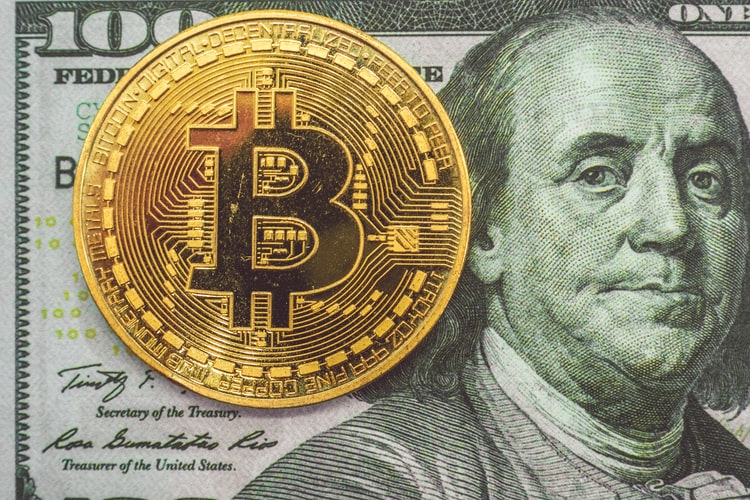
Now that the inflation has rapidly risen after the Covid stimulus measures, it is good to look at in what different ways one can protect their wealth and property. In this blog I will compare different asset classes that have traditionally been used against inflation and see how Bitcoin does in this comparison. In short, inflation means the weakening of purchasing power, meaning that tomorrow you don’t get as many goods for the same amount of money as today.
History of property protection
People have sought different ways to protect their wealth and property throughout history. Today the easiest asset class for most people is the digital cash in their bank accounts. But because of the zero interest rates paid for these deposits, inflation is continuously destroying the wealth held in cash. Gold and bonds have often been seen as good protection for wealth and hedges against inflation. Next, we will compare gold, bonds, and fiat-currency to Bitcoin for wealth and property protection. In the comparison there will be three different criteria: protection against inflation, moveability, and protection against theft/confiscation.
Protection against inflation
Firstly, protection against inflation. Because inflation is calculated generally for cash, it cannot be used against it. In history banks would pay some interest for cash deposited to bank accounts, but even then it usually wasn’t enough to offset the decline in purchasing power caused by inflation. There is a finite amount of gold, and it cannot be printed more by the central banks like cash, so it has usually kept its purchasing power better in times of high inflation. This has made gold historically a pretty good hedge against inflation. Same can be said about bonds. Because bonds yield interest, people have been able to use them as protection against inflation. Today however, low risk government bonds may even have negative yields, which means that if one wants to use bonds against inflation, they have to seek riskier bonds with higher yields. Like gold, there is also a finite amount of bitcoin, because their creation is capped to 21 million. This cap in the amount of bitcoin makes sure that Bitcoin’s monetary policy is transparent and unchangeable, because central banks cannot print more of them. Many experts think that this makes Bitcoin an excellent hedge against inflation.
Moveability of the asset
The second criteria is moveability. Every asset that is in digital form is easy to move, even globally. This quality becomes very important especially when the person needs to relocate for some reason. Physical cash and gold in large quantities are much harder to move around, especially across borders. Therefore they don’t work as well for protecting wealth in conflict areas where one may have to flee.
Protection against theft
Last category is protection against theft and confiscation. Physical assets like cash are usually in danger in thefts. This is why these days people usually keep their assets safe in banks. In safe countries like Finland banks are good and safe places to keep one’s assets. Many banks also offer safe keeping also for gold. The problem arises when it is the bank that confiscates the assets. In many countries around the world, for example political people working in the opposition have seen their assets freezed or confiscated by the bank and the government. To combat such a threat, the assets have usually had to be held in physical form, such as physical cash or gold. But like mentioned above, physical assets are also in danger of being stolen or confiscated. In this category Bitcoin is in a class of its own.
Because Bitcoin is digital, it cannot be stolen like physical assets. In addition, Bitcoin can be stored safely in wallets made for that without outside parties like banks. Bitcoin wallets are also practically unhackable. A great example of this is Bitcoin’s creator Satoshi Nakamoto’s Bitcoins, which nobody has been able to access.
Summary
In summary, Bitcoin is the only asset class from these to pass all the three categories. Gold can work against inflation and can be transferred away from banks, but it is very hard to move around in large quantities. Bonds have historically worked well against inflation, but today it is very hard to find yields high enough. Also, bonds can be confiscated by banks or governments which lowers their security in many places globally. Central banks can print as much fiat-money as they want and destroy the value of existing cash. Bitcoin is secure against both robbers on the street and a hostile government, and it is very easy to move around. In addition, nobody can print Bitcoin over its limit of 21 million and thus destroy its value. Because of these attributes it is very likely that more and more parties will use Bitcoin as a way to protect their property and wealth.
Manu Isto
Cryptocurrency specialist
Last updated: 10.03.2022 14:33



